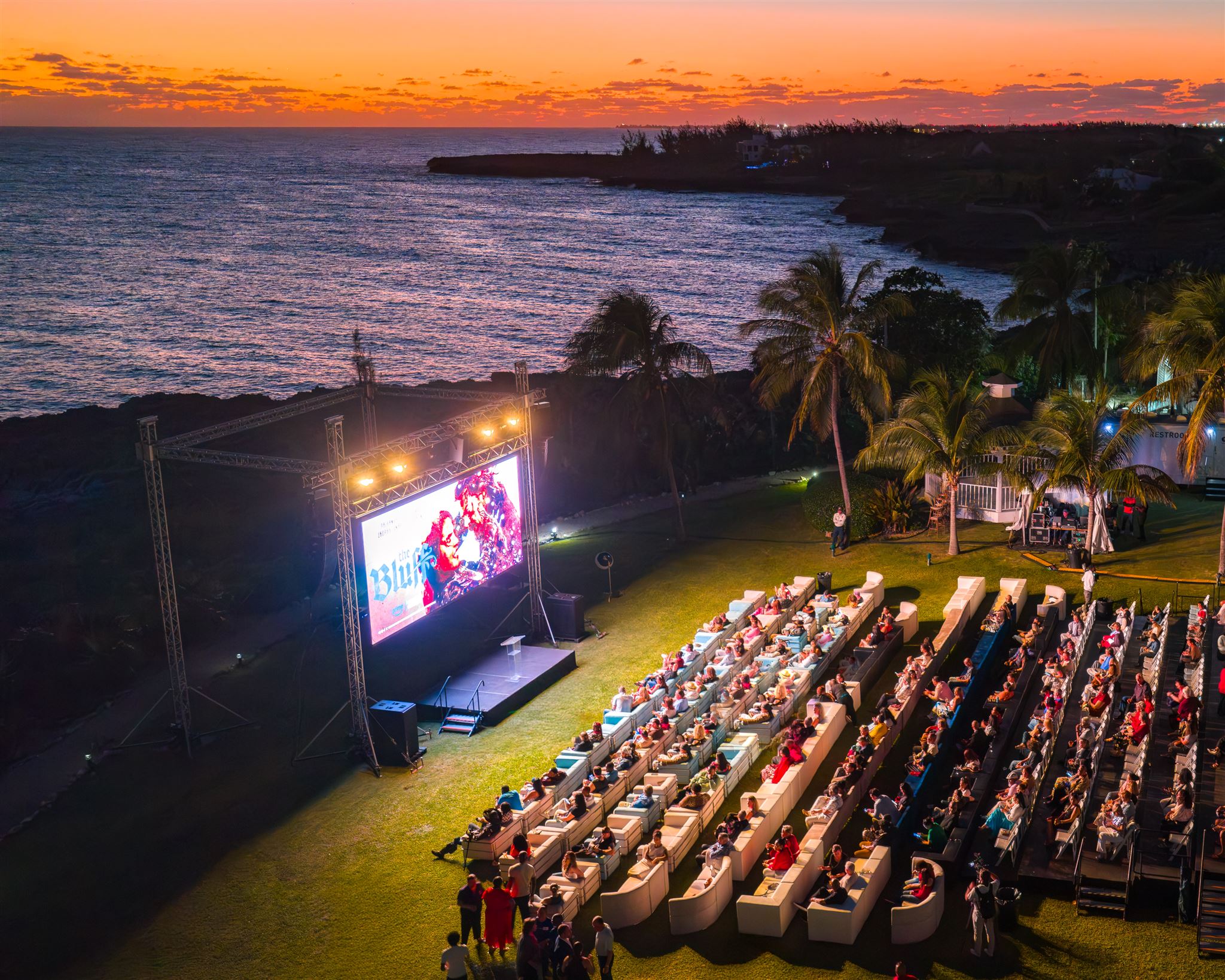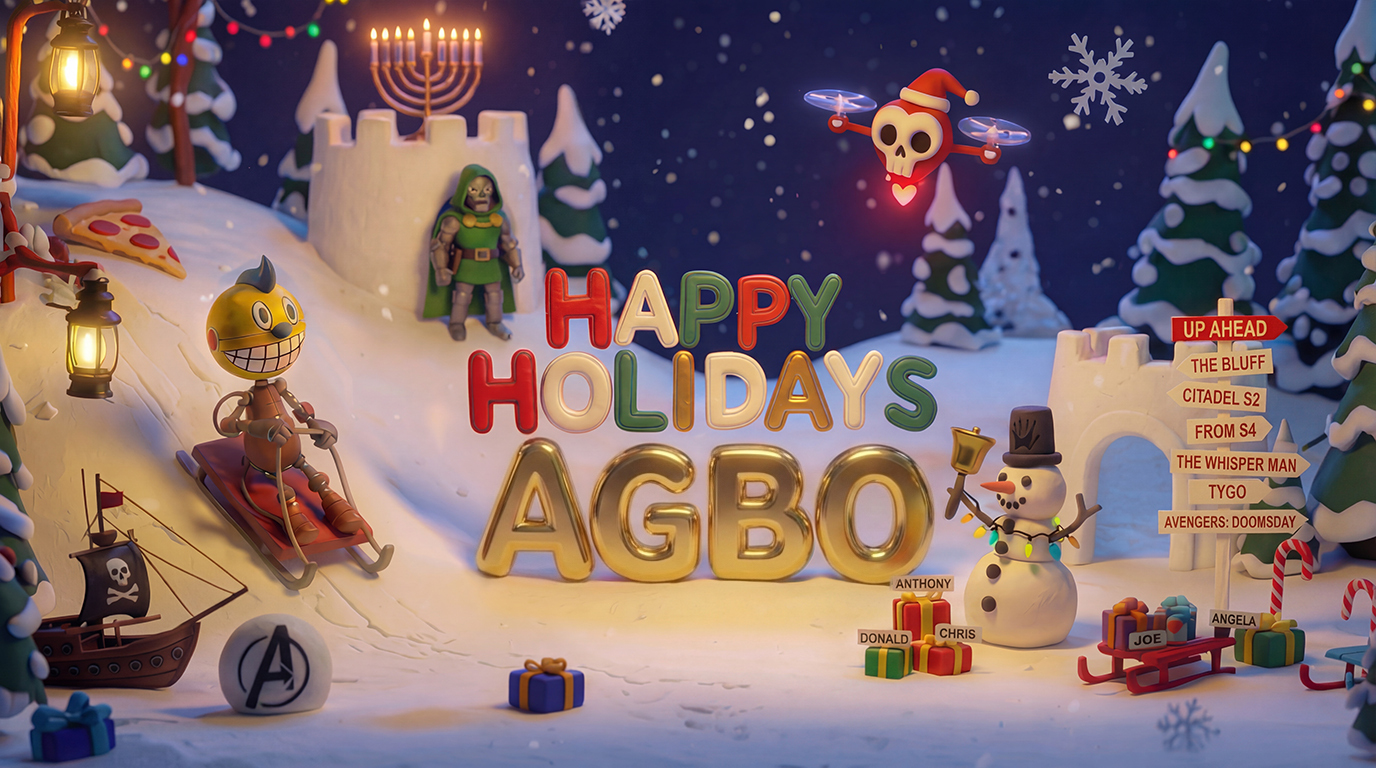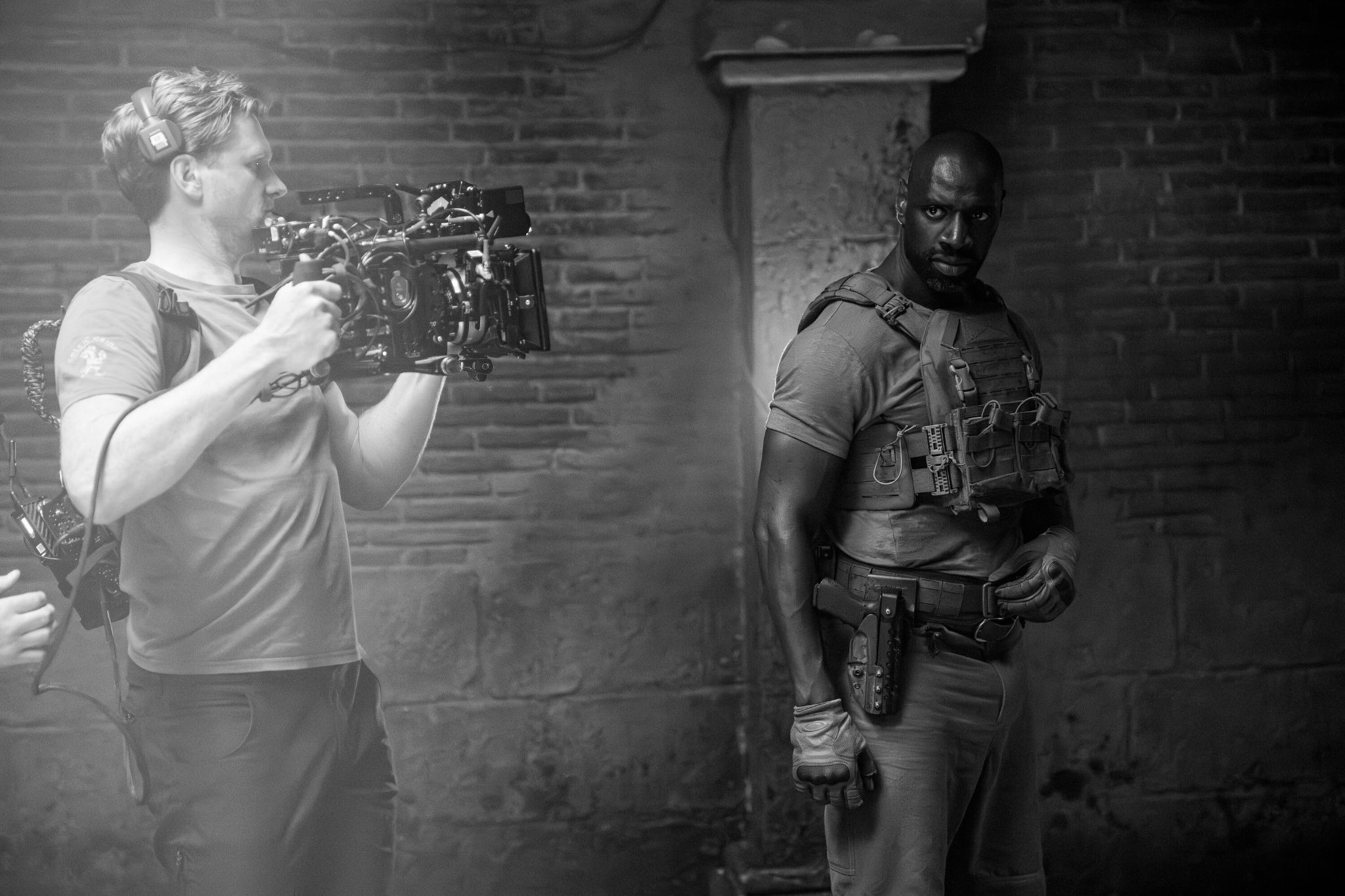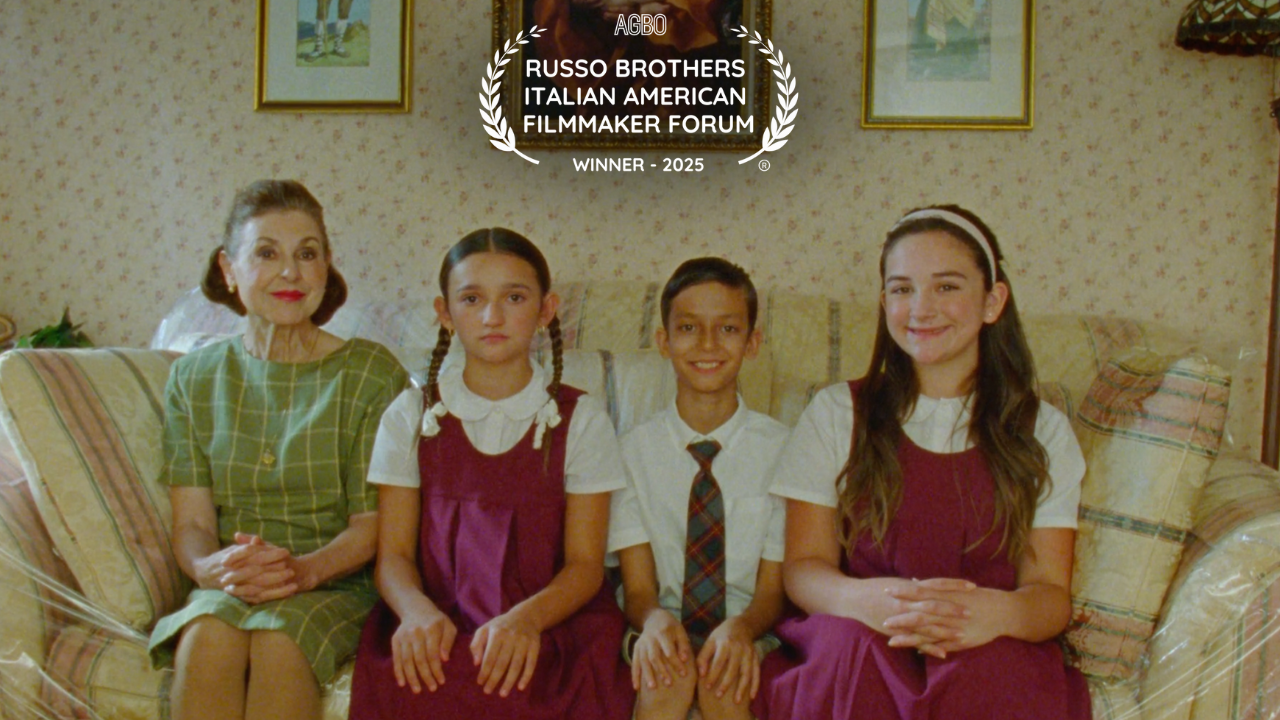🍕🎥“The best idea wins:” 8 pieces of crucial Russo Brothers’ advice from Pizza Film School Season 2

Byline: AGBO staff
With guests including filmmakers Justin Lin, Nia DaCosta, and Zack Snyder, among others, AGBO’s Anthony and Joe Russo hosted an epic second season of the Pizza Film School – going deep with other directors on their career journeys and the creative process of film directing. Throughout these passionate discussions, the Russo Brothers share their own insights on the learnings they’ve gathered on their journey from indie novices to award-winning blockbuster creators.
“There’s no handbook if you’re a young filmmaker. It’s really difficult to gain access and insight into how other directors work. So we created this as a way to share information, share process [notes], and inspire people who don’t have an opportunity to go to film school,” Joe Russo said during a recent Pizza Film School episode featuring Zack Snyder.
So, why not grab a slice from your own local pizzeria and settle down for some deep thoughts from Russo Brothers on the art of filmmaking. Keep reading for some of the big-ahs they shared in season two of the Pizza Film School.
Watch all the episodes of Pizza Film School season two.
The best idea always, always wins.
“We believe in this thing called the Mastermind principle, which says that two minds are not doubly better than one. They’re exponentially better. So we’re big believers that the best idea wins and [that’s why] we have to be available to each other.” — Joe Russo, in conversation with Zack Snyder
Seek out communities of like-minded creators.
“Filmmaking is a craft, and the way to learn a craft is by doing it over and over and over again [...] Doing that craft with other people who are also learning can help feed each other in terms of how you’re learning. We moved through these various filmmaking communities as we advanced as filmmakers. It started in Cleveland, where we’re from, with just an amateur group of filmmakers who were passionate and looking for something to do. Then it segued into film school… And then after that, the Slamdance Film Festival became a powerful community for us to learn and grow through. And then, the Director's Guild of America became very useful as a community to us. It’s very helpful to figure out how to tie a passion for filmmaking into that kind of community that can help feed you both in providing both partnership and mentorship—because they’re both really necessary for growth.” —Anthony Russo, in conversation with Justin Lin
Don’t be overly attached to your original vision.
“You make the movie three times: You write it, you shoot it, you edit it. Don’t be faithful to your original vision of the movie, because you will discover things that you had never intended, or you may find a better path through the structure [once] you actually have living, breathing, actors on camera. [That’s when] you get nuances that you didn’t expect, or lines that are no longer necessary because they’re conveyed [a different way], which you discover when you’re editing it and showing it to other people. So we found that the less precious you are with your original concept, the more discovery there is, and the more potential for discovery there is.” —Anthony Russo, in conversation with Justin Lin
A thorough pre-production process prepares you to direct.
“We went through a really grueling process on Winter Soldier, auditioning against a bunch of other directors. But by the time we got to the end of it, we couldn't be more prepared to make that movie. I mean, it’s such a specific point of view. We had thought through everything: we had storyboards [and] we’d rewritten parts of the script. We had come with a really strong point of view and had spent weeks discussing it and thinking through it. And you forget how critical a codified, disciplined process is to being a director. Understanding technology and using keynote or similar programs is a really, really important part of securing a job or preparing for a movie.” —Joe Russo, in conversation with Nia DaCosta
Pro Tip: Edit while you shoot.
“We edit diligently while we shoot. We do 10, 12 hours on set and then sit in the edit room for two or three hours. It’s invaluable because we’re collecting information in the process: Are the performances working? Did we miss a closeup? Did we miss a moment in the scene? Is there a better path through the scene now that we’re seeing it cut together? Was there some improv that we should go back and [make into a ] scripted line? We’re just assessing all this information as we go. And while the sets are still standing, and while we still have the actors, we’re making those adjustments along the way.” —Joe Russo, in conversation with Justin Lin
Connect with your collaborators, and learn to communicate with them.
“It’s good to drill into the [communication] part of the process—the amount of verbal and visual communication that you have to do in order to have a group of people, a group of collaborators to share the same vision is exhaustive. And we try to do that very early in the process and thoroughly so that by the time you get to the more difficult, more fast-moving parts of the filmmaking process, people have that sort of connection.” —Anthony Russo, in conversation with Emerald Fennell
Use storyboards to unite everyone around one artistic vision.
“If we start to circle around ideas that really resonate with us, we move that image to the art department, and then we’ll start to build it out into these images into the keyframes that we use. The art department or production designer will give the idea its framing within the movie. Then, we’ll make sure that the cinematographer weighs in on it, and that every department weighs in on that image, as we tweak and refine it so that eventually it becomes this document that everybody has contributed to. Everybody certainly feeds into that process.” —Anthony Russo, in conversation with Zack Snyder
Flex your storytelling muscles with different genres.
“What we love about [the process] is all the different ways you can interact with stories, drama, and comedy. Somebody could bring you a script, or you create a script that you’ve been hanging onto for 25 years that’s finally coming out of you. Or you work with a company like Marvel that can access every corner of the planet and platform. Either way, you’re moving in a way that no one else can. It all has value in very different ways. As an artist, the sort of cumulative effect over the course of your career makes you better—you’re flexing different muscles with each [type of project].” —Joe Russo, in conversation with Nia DaCosta
Want to hear more first-hand advice from filmmakers? Make sure to catch up on previous PFS episodes here, and don’t forget to subscribe to our newsletter.
.jpg)
Hello from the Russo Brothers!
We make content for fans, and here on AGBOVERSE we are giving you an exclusive behind the scenes look at our content. Sign up now to make sure you don’t miss a thing!

.png)

.jpg)
.jpg)



.svg)

.svg)
.svg)